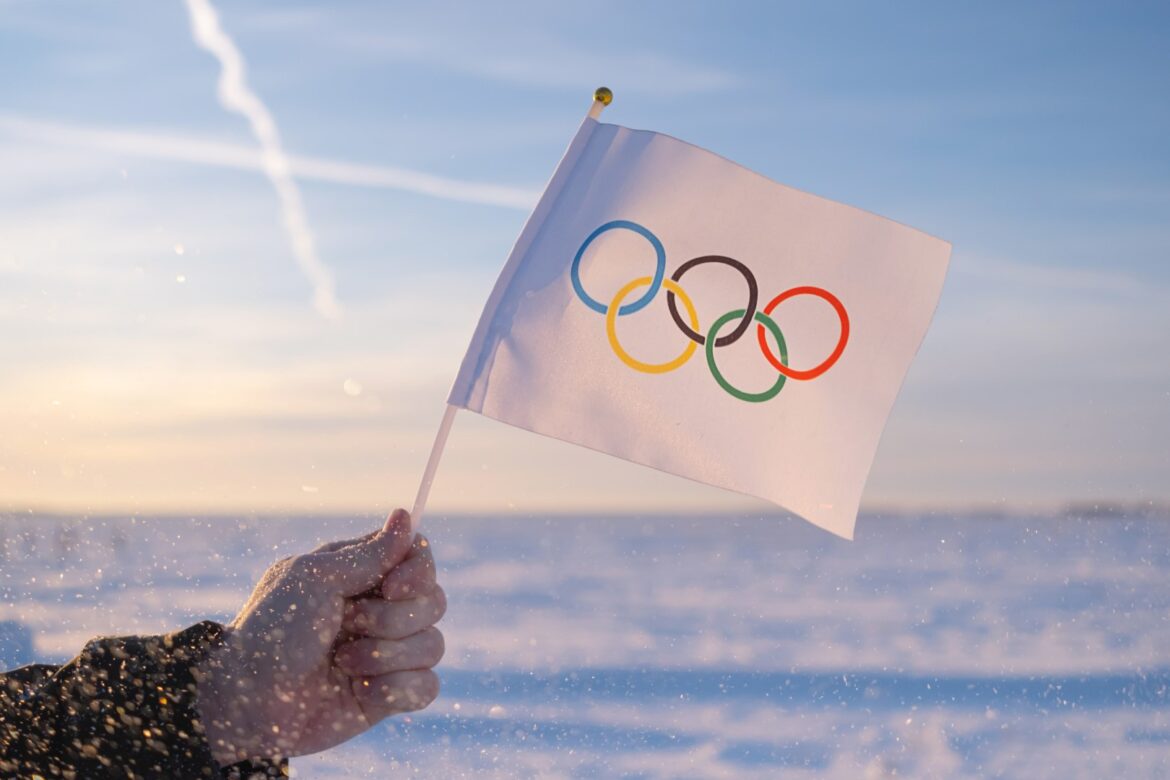The Olympic Games are the pinnacle of athletic competition, with athletes from around the world coming together to compete in a wide range of sports. While the favorites often prevail, there have been many occasions where underdogs have risen to the occasion and pulled off shocking upsets. Here are the 10 biggest upsets in Olympic history.
1980 Miracle on Ice – Ice Hockey
The United States ice hockey team was not expected to do much at the 1980 Winter Olympics in Lake Placid. However, they shocked the world by defeating the heavily favored Soviet Union team in the semi-finals and then went on to win the gold medal.

1960 Squaw Valley – Men’s Giant Slalom
At the 1960 Winter Olympics in Squaw Valley, Billy Kidd of the United States and Jean Vuarnet of France shocked the skiing world by winning gold and silver in the men’s giant slalom, beating out the favored Austrian and Swiss skiers.
2008 Beijing Olympics – Women’s 100m
Jamaican sprinter Usain Bolt may have stolen the headlines at the 2008 Olympics, but it was the women’s 100m final that produced the biggest upset. Jamaican sprinter Shelly-Ann Fraser-Pryce shocked the field by winning gold, beating favorites Veronica Campbell-Brown and Lauryn Williams.
1972 Munich Olympics – Men’s Basketball Final
The 1972 Olympics saw one of the most controversial finishes in Olympic history. The United States men’s basketball team was leading the Soviet Union team by one point with three seconds left in the gold medal game. However, the Soviet team was controversially awarded two more possessions, and scored on the second to win the game and the gold medal.
1964 Tokyo Olympics – Women’s Volleyball
At the 1964 Olympics in Tokyo, the Japanese women’s volleyball team pulled off a shocking upset by defeating the heavily favored Soviet Union team in the gold medal match.

2012 London Olympics – Men’s 100m
Usain Bolt was once again the favorite to win gold in the men’s 100m at the 2012 Olympics in London. However, it was Jamaican teammate Yohan Blake who shocked the world by defeating Bolt in the Jamaican trials leading up to the Games.
1968 Mexico City Olympics – Men’s High Jump
American Dick Fosbury revolutionized the high jump event at the 1968 Olympics in Mexico City by introducing a new technique, now known as the “Fosbury Flop.” He shocked the world by winning gold, and beating out the favored Soviet and Polish high jumpers.
1984 Los Angeles Olympics – Men’s 1500m
British runner Sebastian Coe was the heavy favorite to win gold in the men’s 1500m at the 1984 Olympics in Los Angeles. However, American Steve Cram pulled off a shocking upset, winning the gold medal and beating Coe by almost a second.
2000 Sydney Olympics – Women’s 400m
The Australian runner Cathy Freeman was a favorite to win gold in front of her home crowd at the 2000 Olympics in Sydney. However, she was upstaged by Cathy Freeman of Mozambique, who pulled off a stunning upset to win the gold medal.
2008 Beijing Olympics – Women’s Beach Volleyball
The American duo of Misty May-Treanor and Kerri Walsh Jennings were heavily favored to win gold in beach volleyball at the 2008 Olympics in Beijing. However, they were upset in the final by the Chinese team of Tian Jia and Wang Jie, who won the gold medal in front of their home crowd.
Hungary vs. USSR (1956, Melbourne Olympics)
The 1956 Melbourne Olympics witnessed one of the biggest upsets in water polo history, as Hungary took down the USSR in the gold medal match. The Hungarians were not expected to win, as the Soviet team had won the last four Olympic golds. But Hungary was determined to take down the Soviets after experiencing the horrors of the Soviet invasion in their country just a few months prior.

In the final match, Hungary put up a valiant effort and managed to tie the game 4-4 in the final moments. With just seconds left on the clock, Hungary’s Ervin Zador was punched in the face by a Soviet player, sparking a brawl that led to the game being called early. Hungary was declared the winner by default, but the team was still given a hero’s welcome when they returned home.
Japan vs. USA (1972, Munich Olympics)
In the 1972 Olympics in Munich, Japan took on the USA in the men’s basketball final. The American team was expected to win, as they had won every gold medal in basketball since the sport was introduced in the 1936 Olympics. But Japan had other plans and shocked the world by defeating the US team 70-64.
The game was full of controversy, as the referees made several questionable calls that favored the Japanese team. The Americans even protested the result, but their appeal was denied, and Japan was declared the winner. The upset was seen as a huge victory for Japan, as it proved that they could compete with the world’s best.
Eric Moussambani (2000, Sydney Olympics)
Eric “The Eel” Moussambani was a swimmer from Equatorial Guinea who made headlines during the 2000 Sydney Olympics. He had only been swimming for eight months and had never competed in a 50m freestyle race before. But due to a lack of competitors, he was allowed to enter the event.
Moussambani struggled to complete the race and was far behind his competitors, but he managed to finish with a time of 1:52.72, setting a new personal best. His slow time and awkward swimming style made him a fan favorite, and he became a symbol of perseverance and determination.
Dong Fangxiao (2000, Sydney Olympics)
China’s Dong Fangxiao was a member of the women’s gymnastics team that won the bronze medal at the 2000 Sydney Olympics. But in 2010, it was revealed that she was underage at the time of the competition, making her ineligible to compete.
The revelation led to the Chinese team being stripped of their bronze medal, and Dong was banned from the sport for life. The controversy sparked a wider debate about the use of underage athletes in sports, and it remains one of the biggest scandals in Olympic history.
Jamaica vs. USA (2008, Beijing Olympics)
In the 2008 Olympics in Beijing, the Jamaican men’s 4x100m relay team stunned the world by setting a new world record and beating the heavily favored US team. The Jamaican team, which consisted of Usain Bolt, Asafa Powell, Nesta Carter, and Michael Frater, finished with a time of 37.10 seconds, breaking the previous world record by over three-tenths of a second.
The win cemented Jamaica’s status as a powerhouse in track and field and marked the beginning of Usain Bolt’s reign as one of the greatest sprinters of all time. The US team, which had won the gold medal in the event in every Olympics since 1984, had to settle for the silver medal.
The Olympics
Miracle on Ice—1980 Winter Olympics:
In 1980, the United States Olympic hockey team was facing the Soviet Union, which had won the gold medal in the last four Olympic Games. Despite the overwhelming odds, the U.S. team made up of amateur and college players, managed to defeat the Soviets 4-3 in what is now known as the “Miracle on Ice.” The victory is considered one of the greatest upsets in Olympic history.

Michael Johnson – 1996 Summer Olympics:
At the 1996 Summer Olympics in Atlanta, Michael Johnson shocked the world by winning both the 200m and 400m races, breaking the world record in the latter. Johnson’s gold medals were the first time any athlete had won both events at the same Olympics since 1904.
Ethiopia – 1960 Rome Olympics:
In 1960, Ethiopia had never won an Olympic gold medal, but that all changed when Abebe Bikila won the marathon in Rome. Not only was Bikila the first Ethiopian to win gold, but he also did it while running barefoot, setting a world record in the process.
These are just a few examples of the biggest upsets in Olympic history, and there are many more. These moments remind us that in sports, anything can happen, and that the underdog can always come out on top with hard work, determination, and a little bit of luck.

